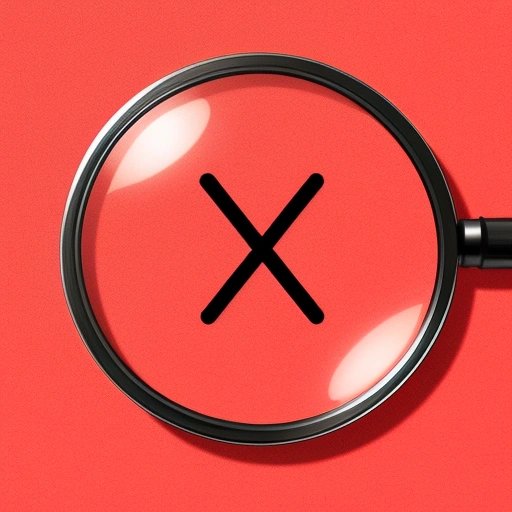In a shocking linguistic twist, grammar enthusiasts around the world have found a new phrase to cringe at: "would of." Yes, you read that correctly. Instead of using the proper phrase "would have," people are opting for the grammatically incorrect and utterly cringe-worthy "would of." The virtual grammar police are on high alert, and they are not happy.
At first glance, it may seem like a harmless mistake, a slip of the tongue. But make no mistake, language enthusiasts are up in arms about this linguistic travesty. They argue that the phrase "would of" not only undermines the rules of grammar but also reflects a deeper issue in society—a lack of attention to detail and a disregard for the importance of language.
To comprehend the severity of this linguistic blunder, we must delve into the grammatical foundations of the English language. The phrase "would have" is a contraction of "would've," which is short for "would have." On the other hand, "would of" makes absolutely no sense whatsoever. It is a classic case of mistaken homophones—the words sound the same but have entirely different meanings.
But why is this grammatical error becoming so prevalent in our society? Some experts speculate that it could be due to the fast-paced nature of modern communication, with people typing quickly and using abbreviations in text messages and social media posts. As a result, the contraction "would've" may have been mistakenly typed as "would of" by the overly zealous and under-caffeinated typists of the world.
This blunder has not gone unnoticed by grammar enthusiasts, who have taken to social media platforms to express their dismay. In an ironic twist, these grammar warriors are being accused of pedantry by those who believe that language should be fluid and ever-evolving. However, it's essential to note that while language does evolve, there are certain rules that should not be tossed aside so carelessly.
The impact of this linguistic faux pas on society is far-reaching. From causing literal facepalms to unraveling the very fabric of our society, the phrase "would of" has been met with nothing short of outrage. Some experts even suggest that it may be a sign of the impending apocalypse—a grammatical Armageddon, if you will.
But fear not, dear readers, for we would never leave you without a solution. The remedy for this grammatical catastrophe is simple—education. We must educate ourselves and others about the correct usage of "would have," reminding people that language has rules for a reason.
In the quest to spread awareness about this linguistic blunder, we have reached out to renowned linguist Dr. Verity Syntax for her expert analysis. According to Dr. Syntax, "The phrase 'would of' is not only grammatically incorrect, but it also undermines the rich tapestry of the English language. We must stand strong against this assault on grammar and champion the correct usage of 'would have.'"
So, what can we do as individuals to combat this relentless onslaught of grammatical atrocities? It starts with setting an example. Let us make a conscious effort to use proper grammar in our conversations, writing, and social media posts. Let us gently correct those who fall victim to the phrase "would of" and educate them on the correct usage of the English language.
In conclusion, the use of "would of" instead of "would have" has struck a chord with grammar enthusiasts worldwide. The linguistic faux pas has led to an uproar within the language community, sparking important conversations about the importance of grammar and language. We must stand united against this assault on grammar, one correction at a time. Together, we can ensure that the phrase "would of" becomes nothing more than a relic of the past, forever banished to the annals of grammar history.





